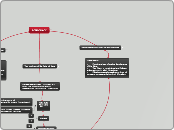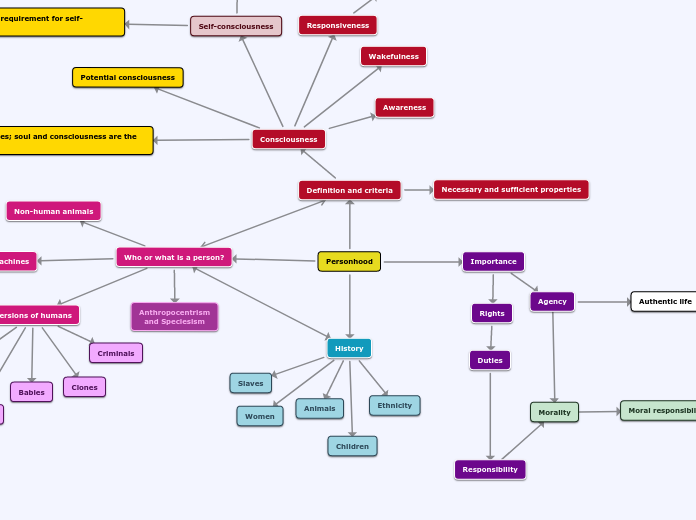In a democratic SOCIETY:
People are sovereign; the majority rules with respect for minority rights; authorities are elected by popular vote; the government decides based on consensus; human rights respect is promoted and exercised by all instances and actors; the law is applied equally to all, following procedural rules; the law of the land prevails over the rest imposing limits to the State and its representatives in every of its branches; social, economic and political pluralism is found; and the rule of law is the basis of convivence and the legal establishment.
CONCLUSIONS
Procedural justice
6
5
Equality
4
3
Nobody is
Above the
Law
2. Imposes the duty of rational, intelligent and justified actions to the State
1. Limits the power of
The State and its organs (competence)
Implications:
• People are free of undue interference of the State
• The State is constrained and follows a due process in all of its actions
• Private organizations abound, free of excessive governmental control: Pluralism
Implications:
• Direct or indirect participation
• Accountability
• Popular support does not constitute a democracy test
• Recognition of minorities´ interests
• Legitimacy
This doctrine inspires contemporary democratic systems that seek to materialize its fundamental components
The doctrine of the Rule of Law
B. Power division and constitutional
rule
Ethical dimension: focus on the individual
C. Human rights
Representation and participation
A. Access to power and elections
DEMOCRACY
Traditional definition:
„The government of the people by the people.“ This definition is very basic suggesting only self government and the importance of majorities. More elaborated definitions exist and prevail nowadays. They include respect for minority rights, efficient participation and protection of individuaal freedoms.








